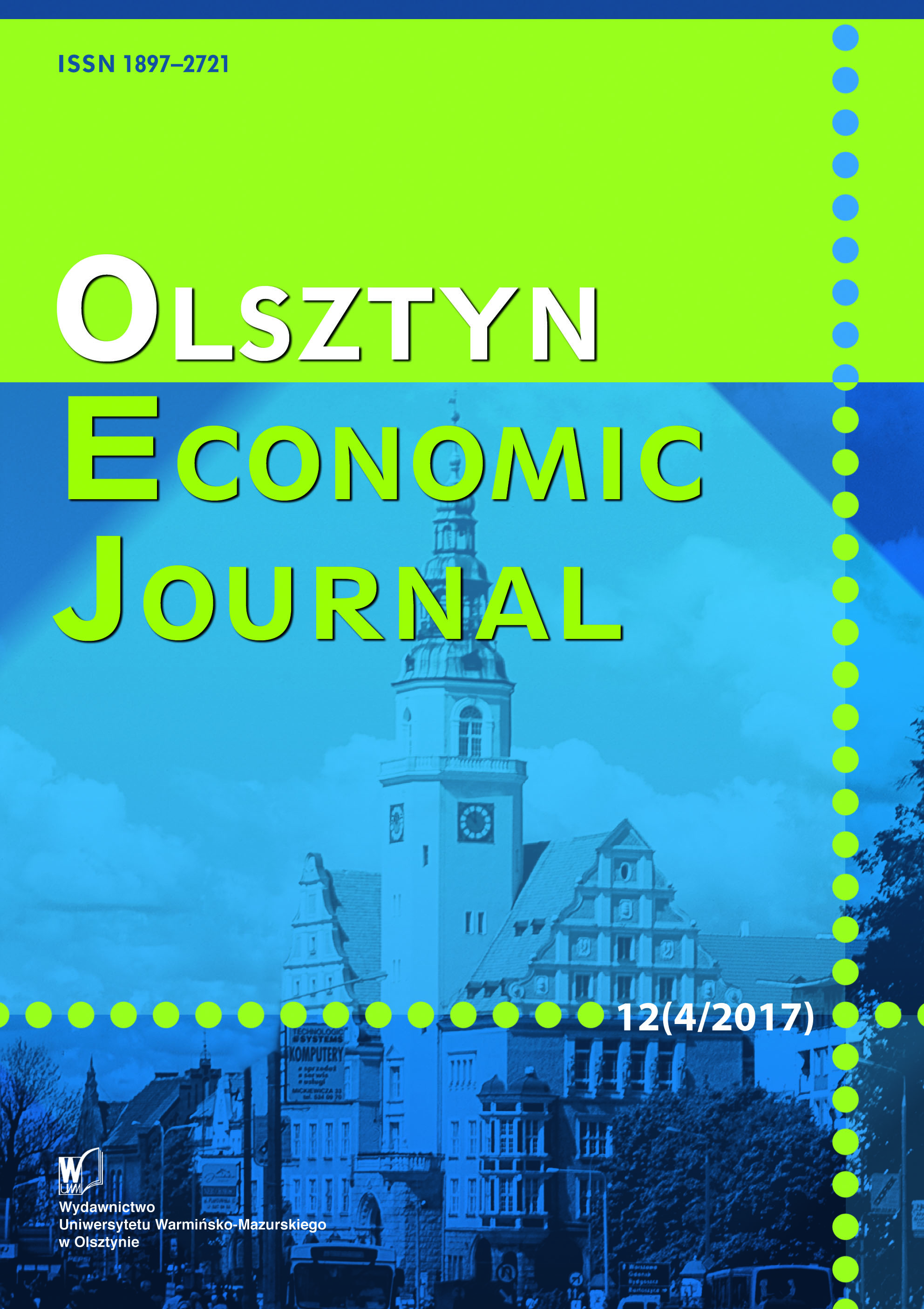THE PEOPLE ARE ALWAYS RIGHT.
THE PEOPLE ARE ALWAYS RIGHT.
A conceptual political economy essay into why countries in Central and Eastern Europe persistently remain at the periphery of socio-economic developments
Author(s): Catalin GhinararuSubject(s): Socio-Economic Research
Published by: Wydawnictwo Uniwersytetu Warmińsko-Mazurskiego w Olsztynie
Keywords: Stolper-Samuelson theorem; over and under-valuation of GDP; economic centricity;
Summary/Abstract: The paper aims to clarify in terms of political economy why countries in Central and EasternEurope, with a special and distinct focus on Romania are seemingly unable, at least in the short andmedium term, to positively alter their relative position inside the wider European economic area andparticularly inside the European Union of which they are recent member states. Commencing on a statement made by Jean Francois Revel in the mid nineties and which epitomizes the travails such an economy has to endure in order to make the transition from Plan to Market, the paper then develops on the basis of the postulate of the Stolper-Samuleson theorem which states that a developing economy is not necessarily best served by excessive openness to trade flows. The paper argues, with data, that while benefits of the integration into the single market are to a certain extent undeniable, so are the costs and for some reasons, which are explained in the paper, the latter sometimes outweigh the benefits. Small open economies are adversely affected by the excessive openness to trade brought by the integration as instead of a “normal” relation of interdependence they tend to fall into a relation of “dependence” and thereby land into the undesired and undesirable status of “dependency”. Dependencies are bound to “trail” their “metropolis of sorts” and thus an improvement in their relative position becomes hardly possible or simply takes a long time, which is difficult to accept for its inhabitants. Accordingly, people are simply RIGHT to be angry and frustrated about it, but they were also RIGHT when they joined, simply because when they exited communism, they did not realize that they were not at the level at which they entered it, but were very far below it!
Journal: Olsztyn Economic Journal
- Issue Year: 12/2017
- Issue No: 4
- Page Range: 427-450
- Page Count: 14
- Language: English

